We finally finished the new top bar hive. As per the
construction plans, I coated it with a mix of beeswax and raw linseed oil.
We used Philip Chandler's top bar hive plans. They are available for free here.
I also highly recommend his bee keeping book the Barefoot Beekeeper. The forum on his site is a treasure trove of information.
1X12" or 1X6" boards to construct the hive. Being from the UK, Mr. Chandler has access to finished boards that are a full inch thick; here in Canada we don't.
We could have purchased true 1" rough lumber from our neighbour but I would have then had to sand the interior surfaces smooth or risk the bees attaching comb to the side walls which is a real pain in the but to deal with. We decided to go with finished 1X6" and Gary doubled the wood and created an overlap at the same time to make the finished hive more water tight. (Did I mention how smart my guy is?) Given the winter we just had I see this as a prudent alteration. We did use the mesh bottom for the hive. I really wanted to keep this feature as it is
quite helpful in keeping the mite population in check. Referring back to the
winter Gary constructed the hive so that we can easily add a board when we close up the hive for winter. We decided on the cedar shingled roof, I just love how it looks. Gary added vapour barrier to keep things dry and warmer through the cold months.
the top bars as this is easier for the bees to attach their comb to. I applied
wax to the bottom edges of the top bars just to help the bees build a solid
attachment to the bars.
We did go with the 48" hive. This allows me the capacity to separate nucs next year and increase our capacity. It also allows flexibility to capture a swarm if the opportunity arises. It is also easier to insulate the hive for winter as the dividers are placed centrally and the ends of the hive can be insulated.
to the top bar. There may be some bribery involved.
If you have ever thought about keeping bees may I just urge you to step in
now. Our bees are in danger. We have completely ignored their health over the
past twenty years. Colony collapse is wiping them out at an alarming rate. Mono
cropping, pesticides and taking too much honey are leaving the bees exposed.
Pesticide resistance is creeping up in the mite population. Without the bees we
are in serious trouble. Please consider keeping a hive of bees, they are
fascinating creatures and incredible workers. They will repay you a thousand
times over.

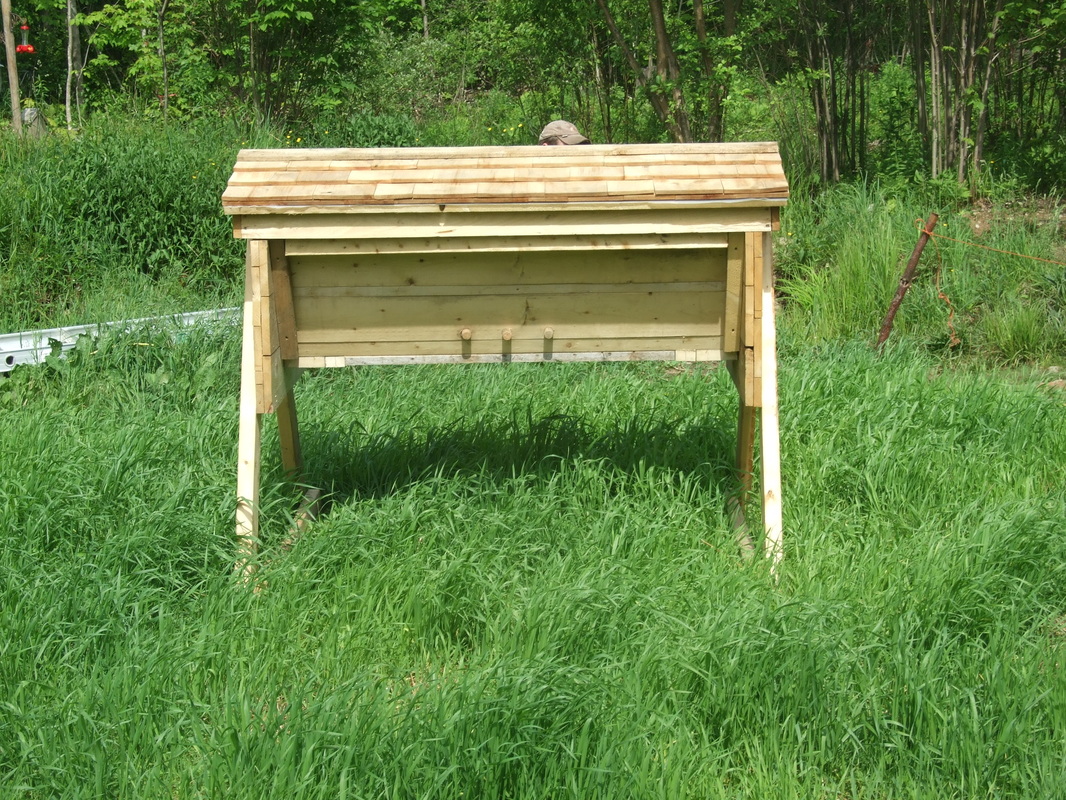
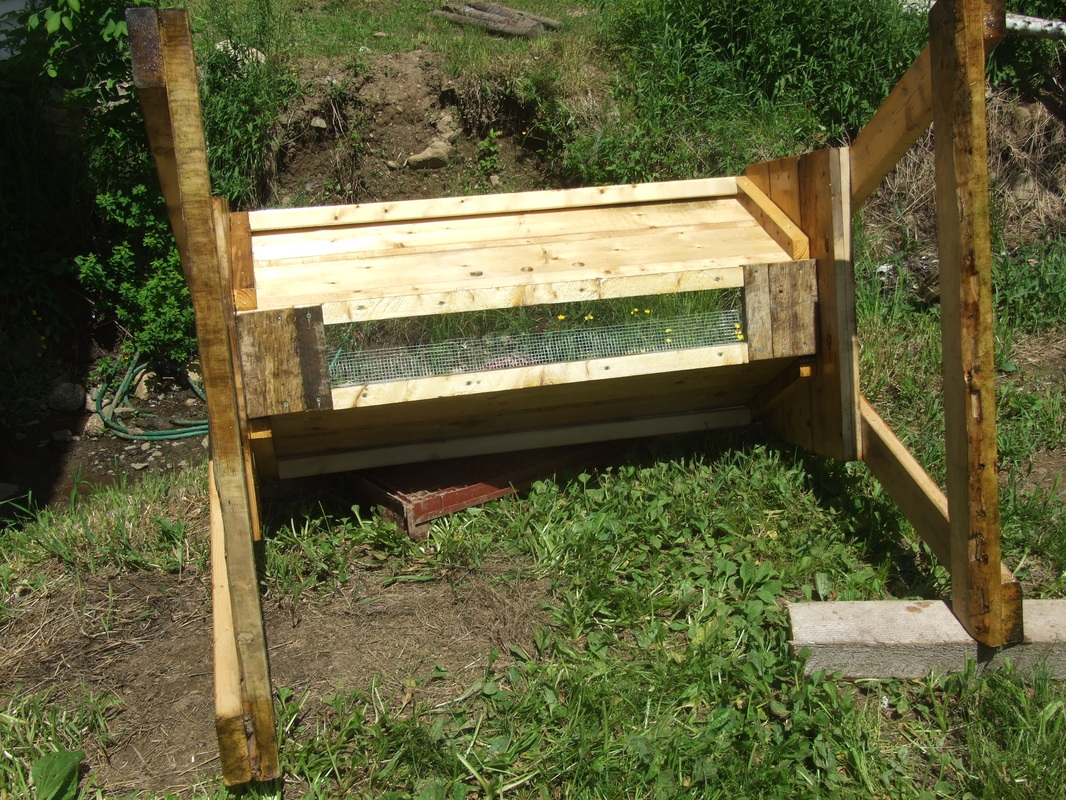
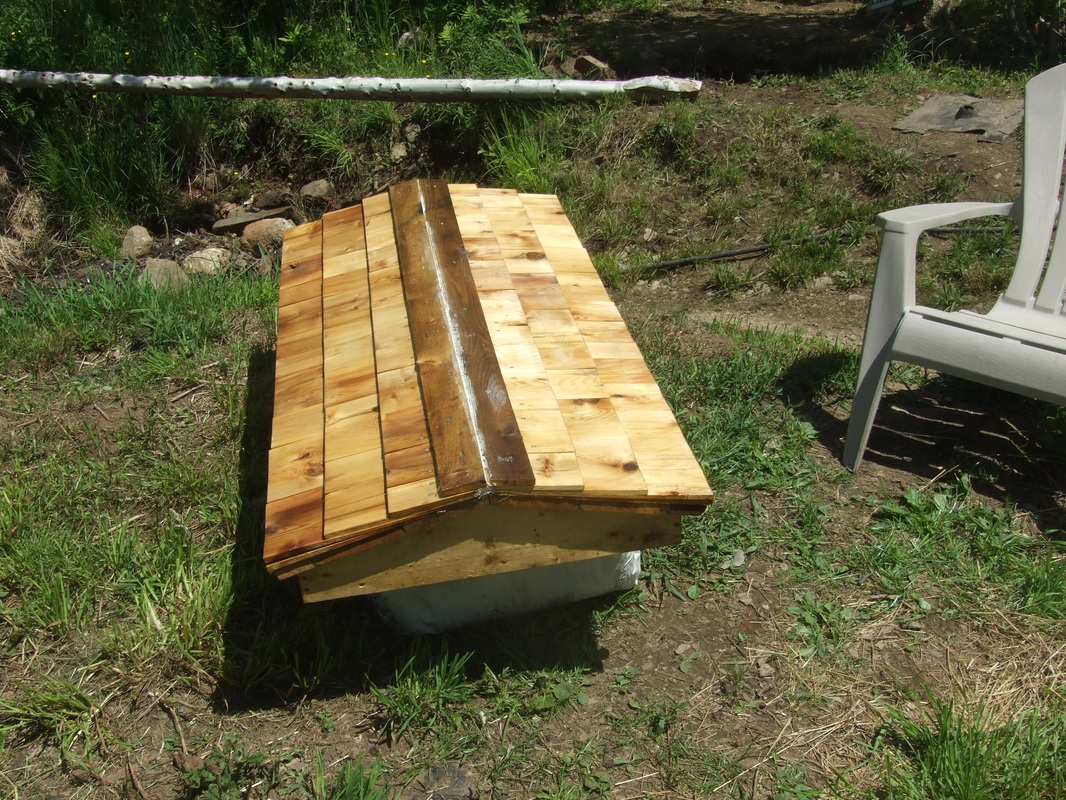
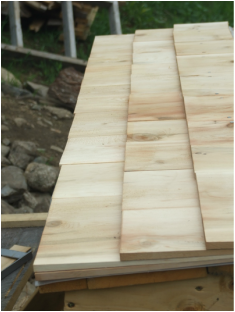
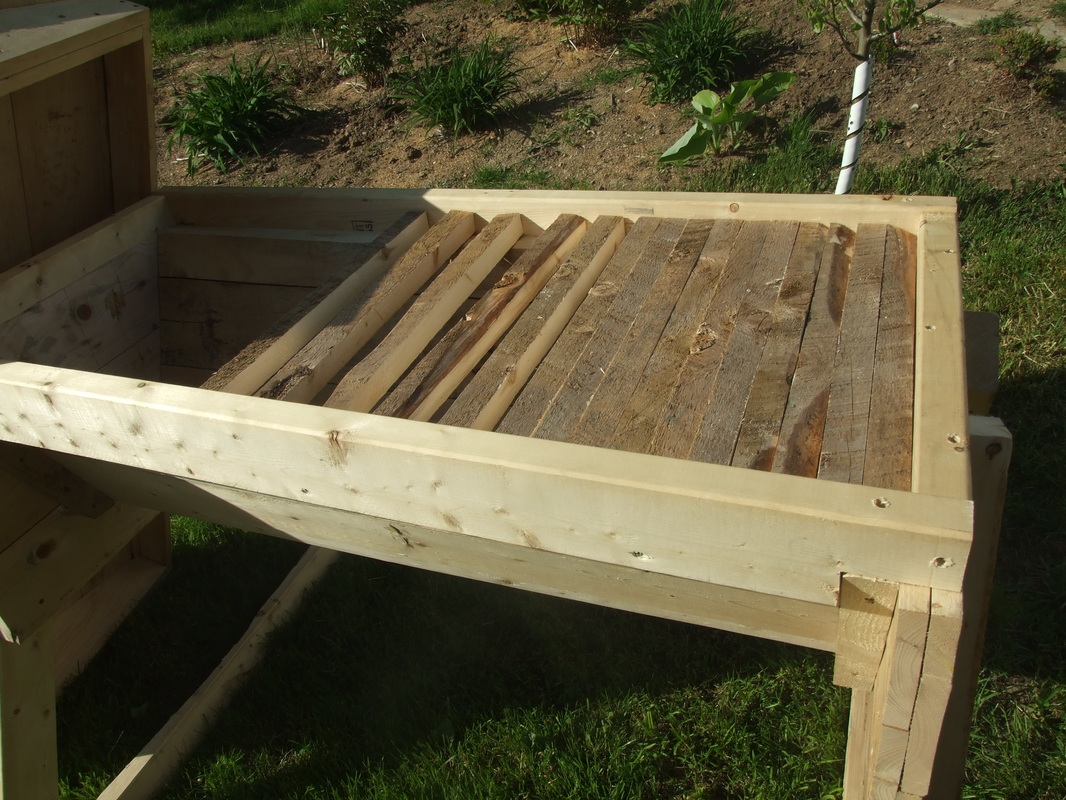

 RSS Feed
RSS Feed
